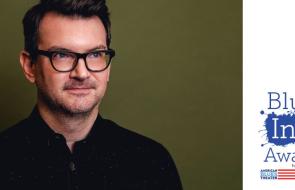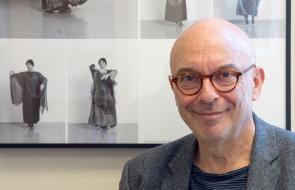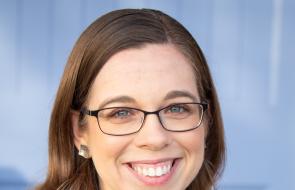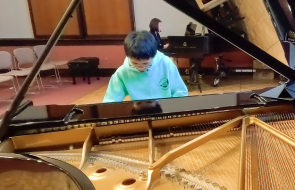Professor Emeritus Ellen T Harris recently gave a presentation on the bank accounts and investments of composer George Frideric Handel (1685-1759) at the Bank of England under the auspices of the London Handel Festival (March 26, 2018). The lecture was offered at both 11am and 2pm in the theater of the Bank of England Museum, the first time someone other than a Bank employee has been invited to speak in that space.
Also under the auspices of the London Handel Festival, Harris led a walk from Handel's house in Mayfair to the houses of friends and associates where Handel socialized (March 28, 2018).
This culminates a busy winter for Harris, who in January lectured in Bremen, Germany, on "Almira," the first opera written by Handel and the only one of his operas premiered in the nearby city of Hamburg to survive. These lectures were sponsored by the Boston Early Music Festival.
In February, Harris had a week's residency at Louisiana State University (LSU), where she spoke to the LSU Voice/Opera Division on vocal performance practice in the eighteenth century and held a master class. She also spoke to the graduate musicology students in the LSU School of Music and gave a cautionary lecture, based on the recently-published 2nd ed. of her book on Purcell's "Dido and Aeneas," on how new discoveries can overthrow old assumptions without offering anything in replacement.




